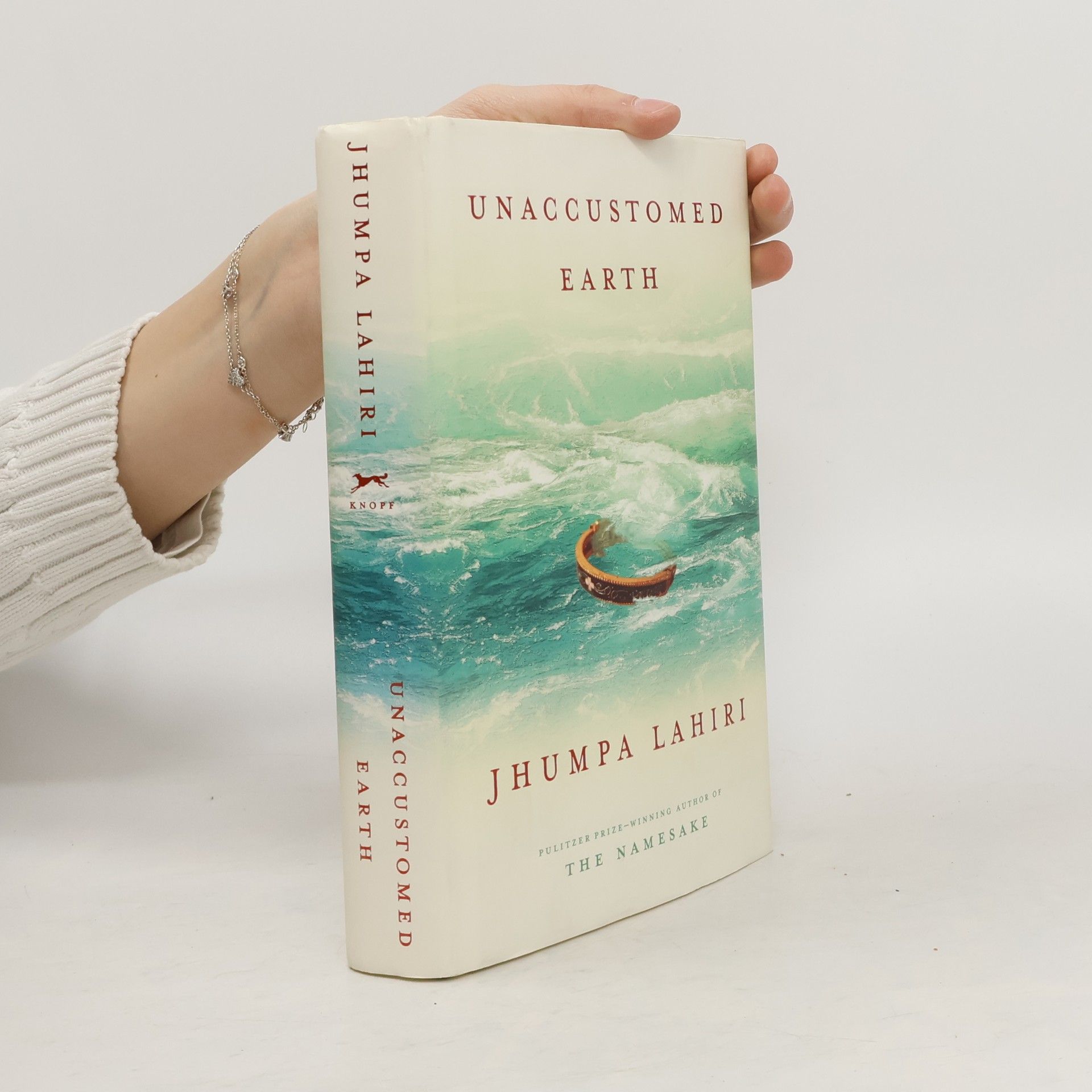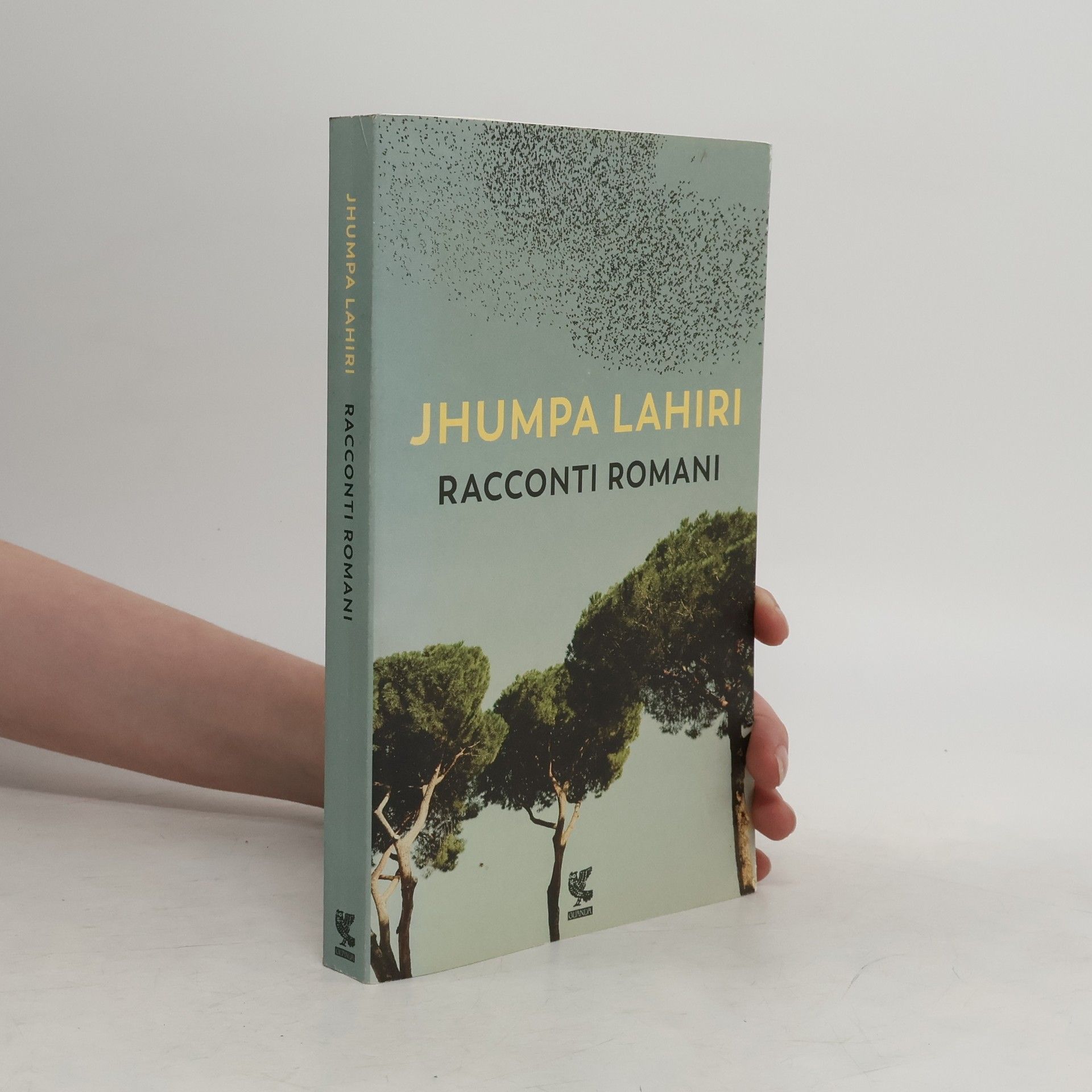L'interprete dei malanni
- 240pagine
- 9 ore di lettura
A Boston, complice un blackout, una giovane coppia indiana in crisi riesce a dirsi cose a lungo taciute. In India, il signor Kapasi, «interprete» alle dipendenze di un medico, accompagna in un giro turistico una famiglia di indiani ormai americanizzati; l’interesse della donna per la strana professione di Kapasi susciterà in lui un sogno romantico che dovrà presto abbandonare. Un bengalese ricorda la giovinezza a Londra e la prima casa a Boston, e insegna al figlio che, se è riuscito a sopravvivere in tre continenti, non ci sono ostacoli che lui non possa superare… Attraverso nove storie di vita quotidiana, Jhumpa Lahiri ci consegna un’India variegata, assumendo ora lo sguardo di chi sta ancora affrontando l’urto della diversità, ora quello degli immigrati di seconda generazione impegnati a tener viva la propria identità originaria, ora quello di chi dall’India, con la sua civiltà millenaria ormai aperta agli echi dell’Occidente, non se n’è mai andato.








